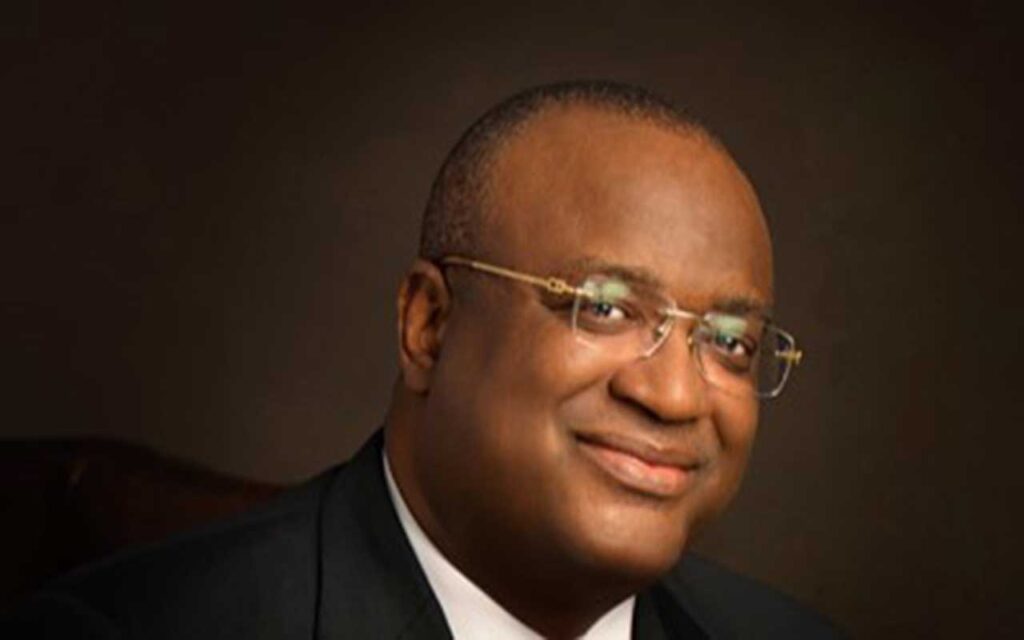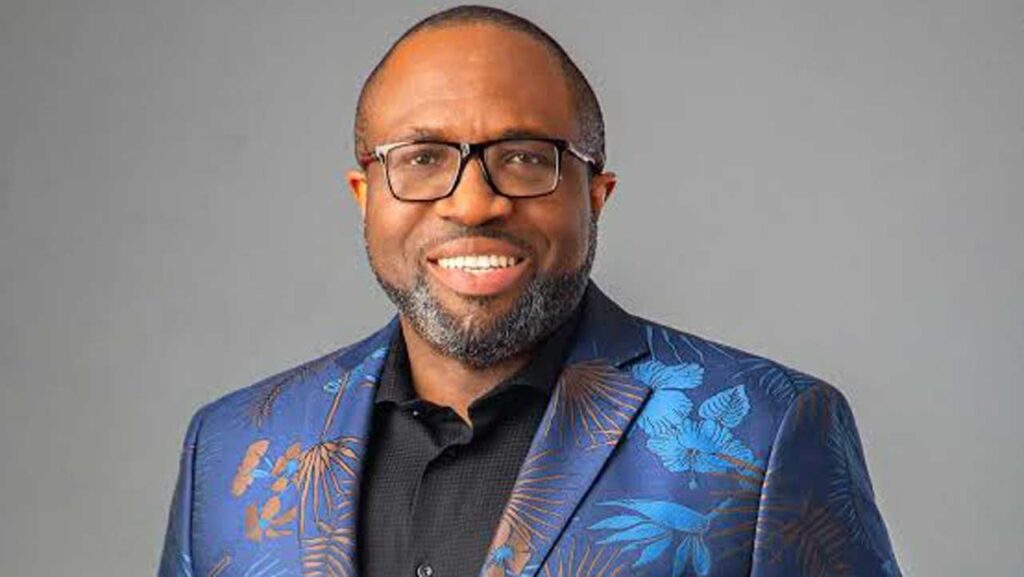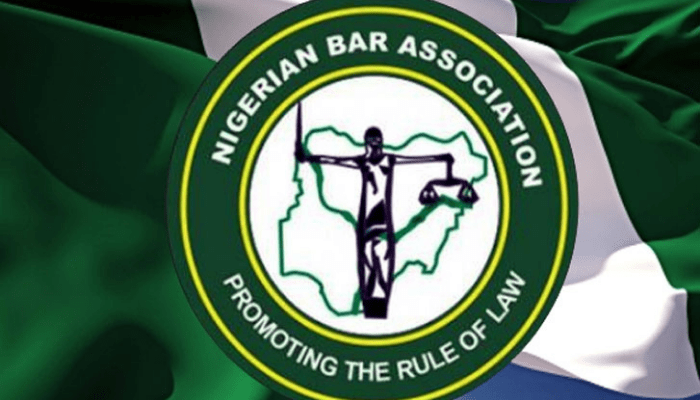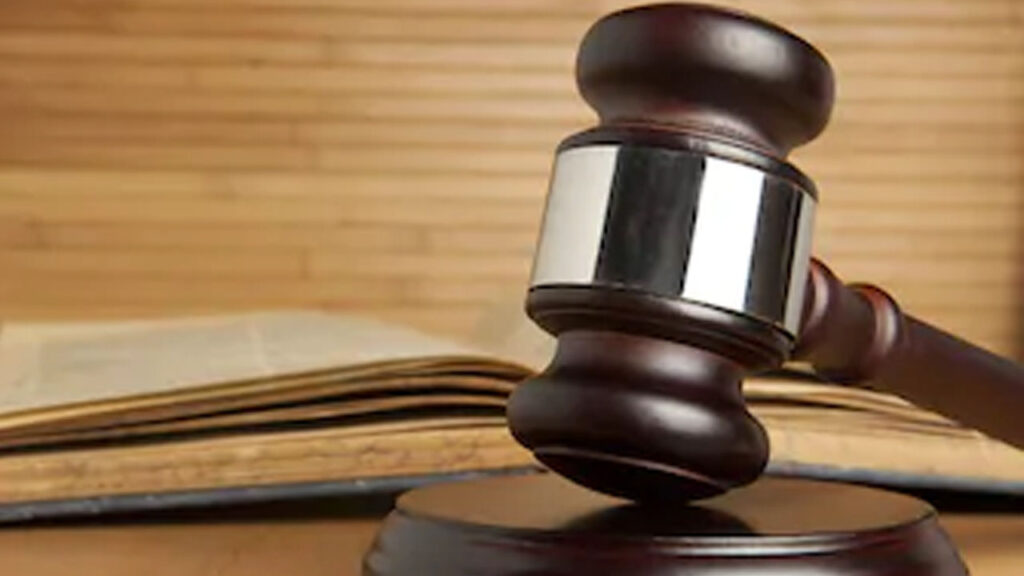
IT is no longer news that President Goodluck Jonathan has signed the National Health Bill 2014 (NHB 2014) into law. It is worthwhile to briefly recall that long before the said signing of the NHB 2014 Bill into law, the bill had been mired in no small controversy. While some stakeholders faulted the NHB 2014 for not being substantially different from the National Health 2008 and National Health Bill 2012 which both late President Umaru Yar’Adua and even President Jonathan at that time respectively refused to sign because they were adjudged to be perverse, discriminatory, inchoate and self-serving, others faulted the NHB 2014 for violating certain provisions of the 1999 Constitution, African Charter on Human & Peoples Rights (Ratification Enforcement) Act, cap 10 and other international human rights instruments.
Specifically, section 48(1) (b) of the NHB 2014 states that a person shall remove the tissue, blood or blood product from another living person without his informed consent for medical investigations and treatment in emergency cases. Strangely enough, the interpretations of the phrases “medical investigations” and “treatment in emergency cases” are not provided. The implication of this is that anybody under the pretext of carrying out “medical investigations” or “treatment in emergency cases” could waylay any non-consenting living person and forcefully remove his or her tissue or blood or blood product. Section 48 (2) of the NHB 2014 states that “a person shall not remove “tissue” which is not replaceable by natural processes from a person younger than 18-years ”. Obviously this means that a person can remove tissue replaceable by natural processes from persons who are 19 years and above. Section 49 is ambiguously couched and could be greatly abused. It states that a person shall use “tissue” removed or blood or a blood product withdrawn from a living person only for such medical or dental purposes as may be prescribed. But the interpretations of the word “tissue” and phrase “medical or dental purposes” are not provided in the interpretation section of the Bill.
Sections 51, 52 and 53 are even more scandalous. Section 51 permits the removal of a tissue or an organ of a living person for transplantation in another living person WITHOUT ANY CONSENT CLAUSE. The only thing it says is that the removal should be carried out “at a hospital authorised for that purpose” or with “the written authority of a medical practitioner in charge of the clinical services….”. Section 52 authorises a registered medical practitioner or dentist to carry out the heinous crime. Section 53 authorises the sell or trade in human tissues like female eggs cells, sperms, cornea etc provided that payment from the sell or trade is a “reasonable payments are made in an appropriate health establishment for procurement of , tissue, blood or blood products”.
It is my humble view that sections 48(1) (b), 48(2), 49, 51, 52 and 53 of the National Health Act which permit, inter alia, the removal of the tissue, blood or blood product from another living person without his or her informed consent for “medical investigations” and “treatment in emergency cases” and the selling of and trading in human tissues and blood products are in violation of section 33 (right to life); section 34 (right to dignity of the human person); section 37 (right to privacy) and section 38 (right to freedom of thought, conscience and religion) of the 1999 Constitution as well as Articles 2, 4, 5, 6 and 8 of the African Charter on Human & Peoples Rights (Ratification Enforcement) Act, cap 10.
It is interesting that of all the fundamental human rights provisions of the 1999 Constitution, only those dealing with 34 are granted in absolute terms. Not even the state of emergency or State of war can justify derogations from the constitutional prohibition of torture, inhuman treatment, slavery and servitude. Agreed, rights granted in sections 37 and 38 of the 1999 Constitution are curtailed under section 45(1) of the same Constitution to the effect that nothing in sections 37 and 38 shall invalidate any law that is reasonably justifiable in a democratic society:
(a) in the interest of defence, public safety, public order, public morality or public health; or (b) for the purpose of protecting the rights and freedom of other persons
But the removal of a tissue or an organ of a living person without his or her consent for transplantation in another living person cannot be a law that is reasonably justifiable in a democratic society as envisaged under section 45(1) of the 1999 Constitution. In fact, the retention of sections 48(1) (b), 48(2), 49, 51, 52 and 53 in the National Health Act will create a bigger insecurity problem in Nigeria.
Relying in the case of Denloye v Medical & Dental Practitioners Disciplinary Tribunal the Nigerian Supreme Court held in the case of Medical and Dental Practitioners Disciplinary Tribunal v Dr. John Emewulu Nicholas Okonkwo (2002) AHRLR 159 that failure to extract a patient’s informed consent before administering a blood transfusion on him constituted an infraction of his fundamental human rights to privacy (section 37) and right to freedom of religion and conscience (section 38). The Supreme Court held that the patient’s constitutional right to object to medical treatment or, particularly, as in this case, to his tissue, blood or blood products or his organ being taken away from his body is founded on fundamental rights protected in the 1999 Constitution under the (i) right to privacy: section 37; (ii) right to freedom of thought, conscience and religion: section 38. The Court further held that the right to privacy “implies a right to protect one’s thought, conscience or religious belief and practice from coercive and unjustified intrusion; and, one’s body from unauthorised invasion. The right to freedom of thought, conscience or religion implies a right not to be prevented, without lawful justification, from choosing the course of one’s life, fashioned on what one believes in, and a right not to be coerced into acting contrary to religious belief. The limits of these freedoms, as in all cases, are where they impinge on the rights of others or where they put the welfare of society or public health in jeopardy. The sum total of the rights of privacy and of freedom of thought, conscience or religion which an individual has, put in a nutshell, is that an individual should be left alone to choose a course for his life, unless a clear and compelling overriding state interest justifies the contrary…”.
Under the English Law, the consent of a living person to medical treatment or to the removal of any of his bodily part is absolutely mandatory. In fact the person can maintain an action in tort or civil wrong for damages for trespass against his person against a medical practitioner or a hospital for removing his tissue, organ, blood or blood product or any of his bodily part without his consent. See Wells v Surrey A. H. A. E (1978). Even when consent has been obtained, it is duty of the medical practitioner, said Justice Bristow, in the case Chatterton v Gerson (1980), to explain to the person beforehand what he intends to do, and its medical implication, in the way careful and responsible doctor in similar circumstances would do. And if the medical doctor claims that he did it under a medical emergency, the onus of proving the need for an emergency is upon him, and this might be difficult to discharge.
The argument of the backers of sections 48(1) (b), 48(2), 49, 51, 52 and 53 of the National Health Act argue that since the selling of or trading in human parts has become a thriving business in Nigeria, it is preferably to regulate it rather than ban it to ensure that only authorised persons carry it out. This argument is fundamentally flawed. First: a society doesn’t regulate a crime simply the crime is rampantly committed in that society. For example, a society cannot to regulate the heinous crime of armed robbery simply because it has become rampart. Second: considering our ineffective police system, judicial checks and regulatory policies, the efforts to regulate the selling of or trading in human parts in Nigeria are efforts in futility. Third: section 21 (a) of the 1999 Constitution enjoins the State to protect, preserve and promote Nigerian culture. Fourth and more importantly, the National Assembly, by virtue of section 4(2) of the 1999 Constitution, is enjoined to make laws for the peace and good government in Nigeria, in other words, laws that conform to the social and religious realities in the country.
Therefore to the extent to which the National Health Act is inconsistent with the 1999 Constitution, which is the supreme law of the land, it is null and void and unenforceable. In Military Governor of Ondo State & Others V Adewumi (1988) 3 NWLR 280 Justice Nnaemeka-Agu (of the blessed memory) held that the Constitution is the grundnorm, the fundamental law or the organic law of the land. All laws derive their validity from the Constitution. Any law that is inconsistent with the provisions of the Constitution shall be rendered void to the extent of the inconsistency. And the Nigerian courts have the power, in exercise of their judicial powers, to declare legislation of the National Assembly that contravenes the provisions of the 1999 Constitution invalid and unconstitutional whether the contravention is substantive or procedural or whether the contravention merely interferes with any of the constitutional fundamentals including the guaranteed rights, the principles of federalism or the constitutionally recognised concept of separation of powers. (See the pronouncements of Justices Fatayi-Williams, Bello, Idigbe, Obaseki, Eso, Nnamani and Uwais in Attorney-General of Bendel State V Attorney-General of the Federation and others).
Consequently, immediate steps should be taken to amend the National Health Act to make it conform to the 1999 Constitution. Until that amendment, the National Health Act is unconstitutional and therefore unenforceable.
Ekwowusi is a Legal Practitioner and Notary Public based in Lagos.











